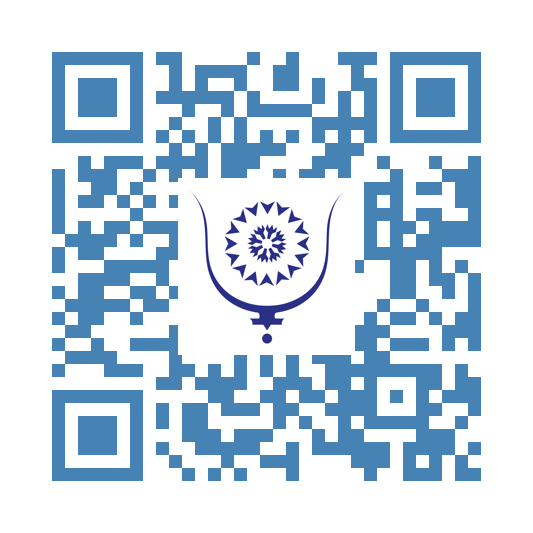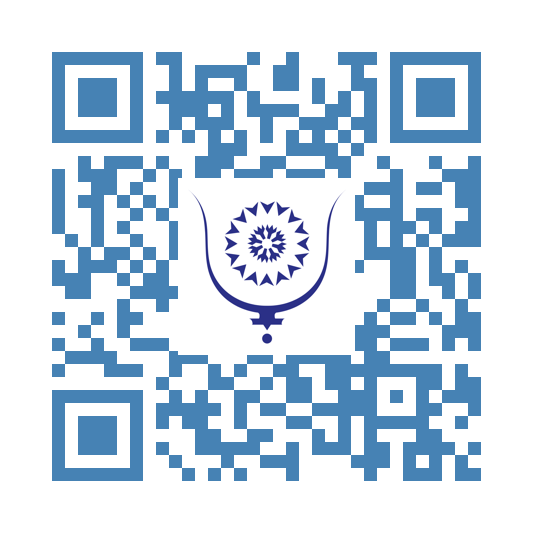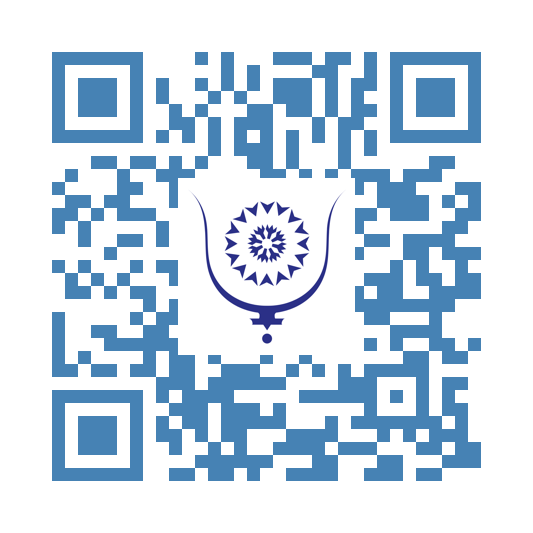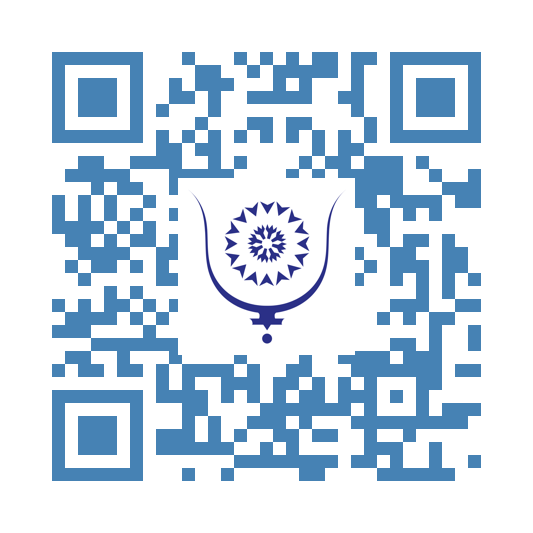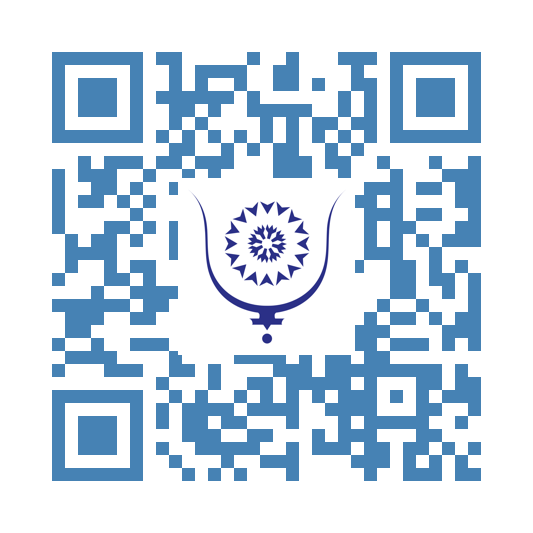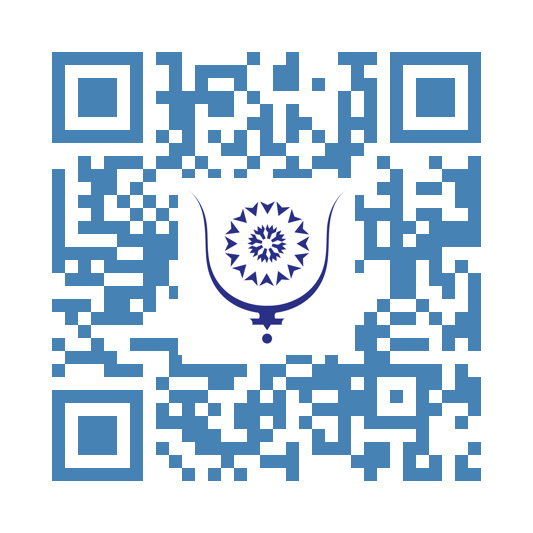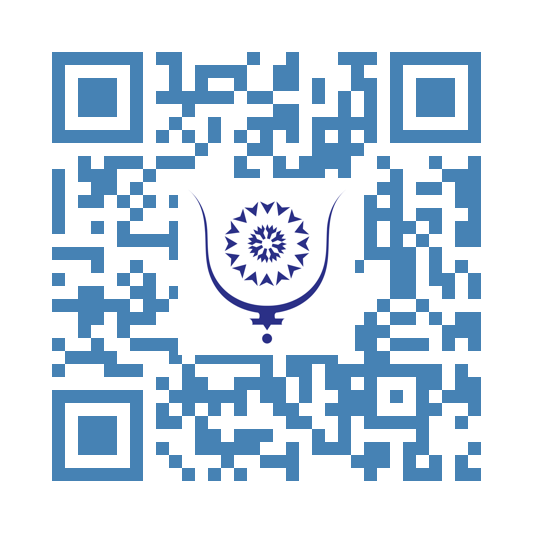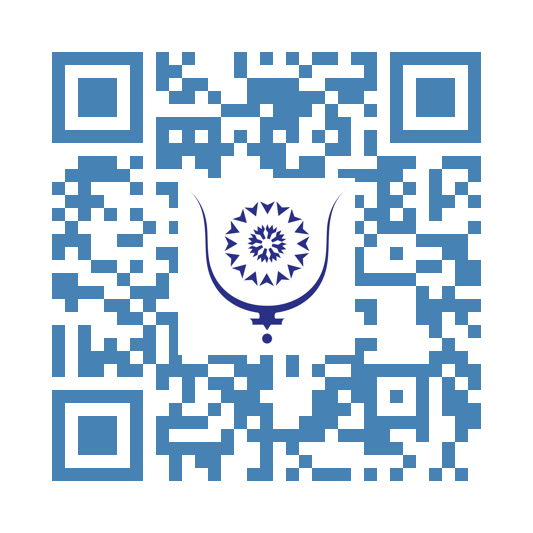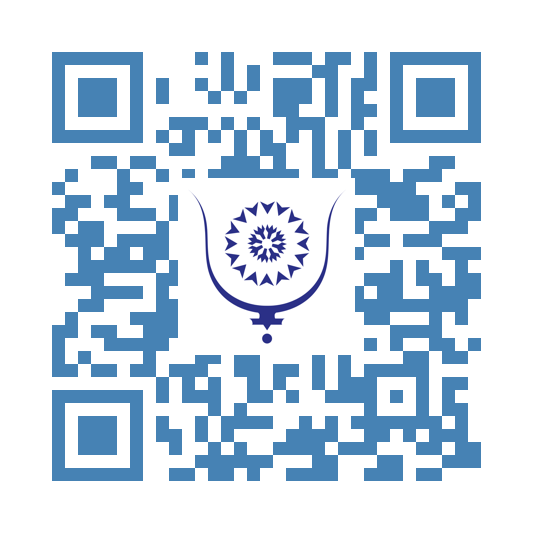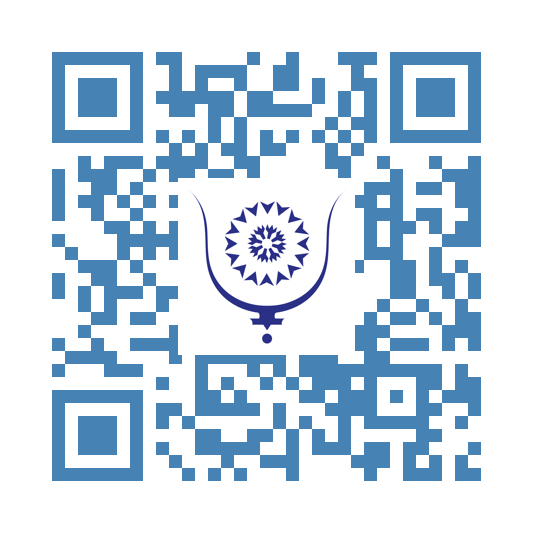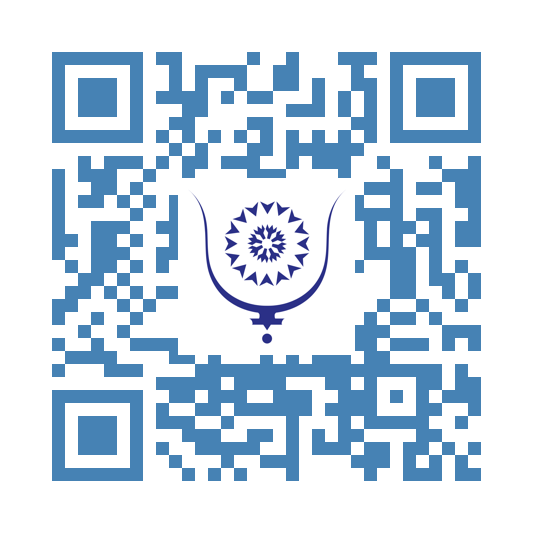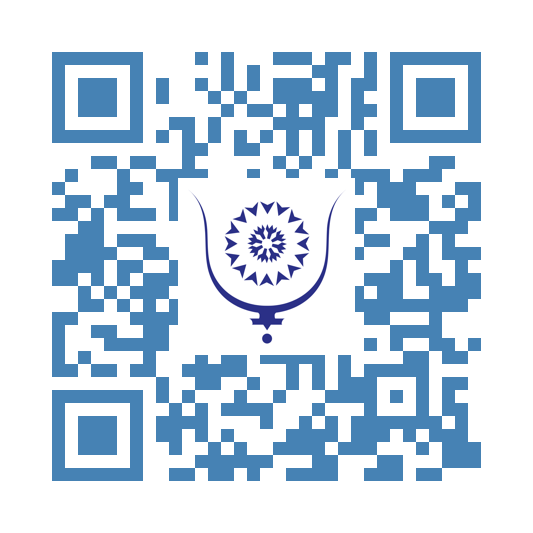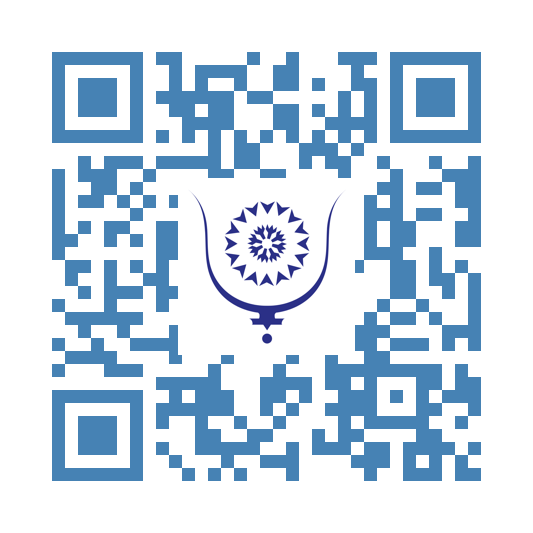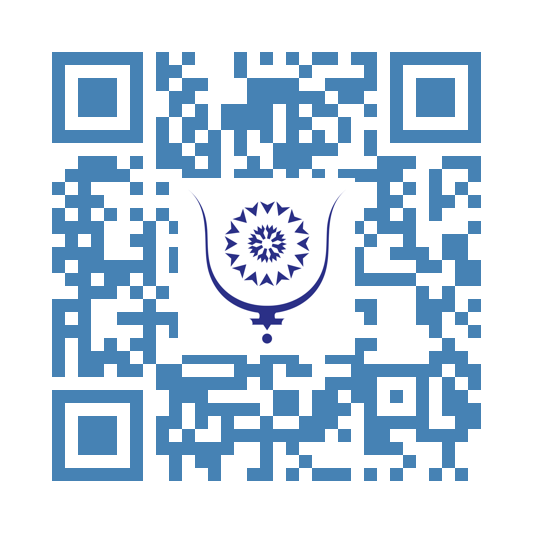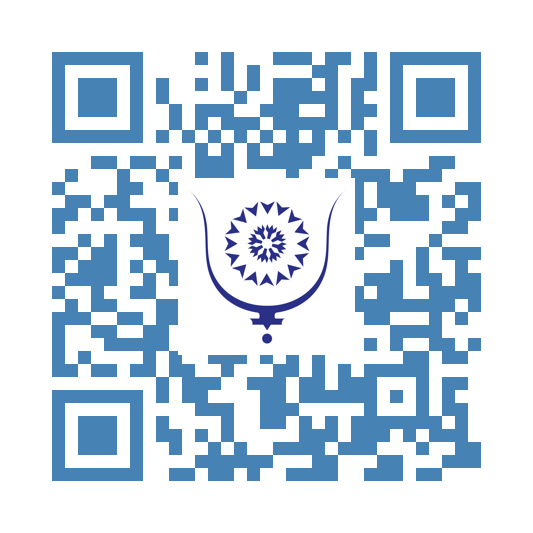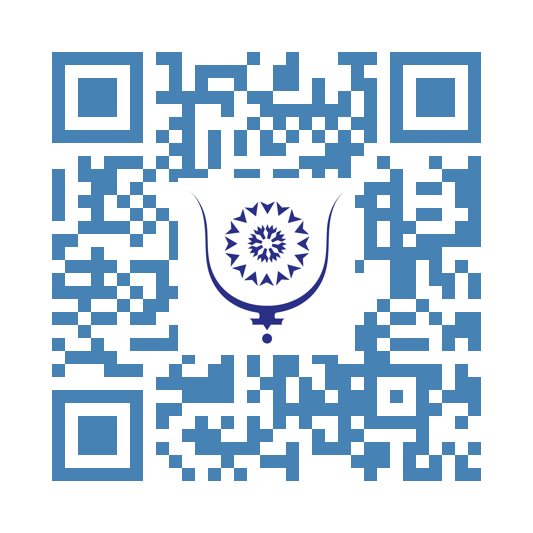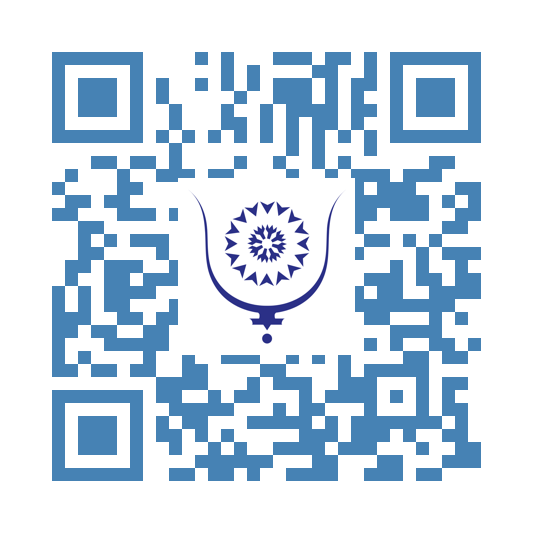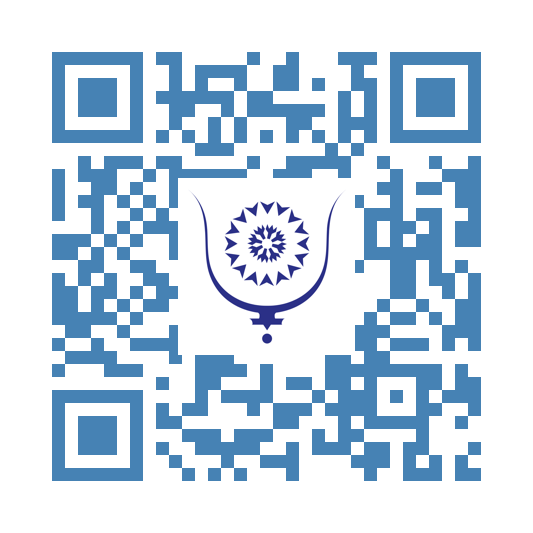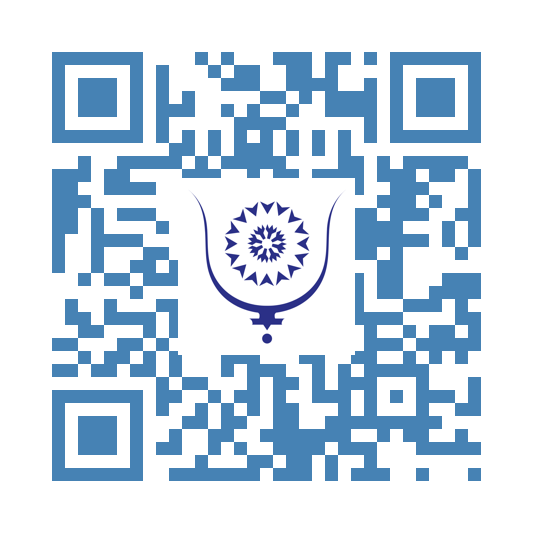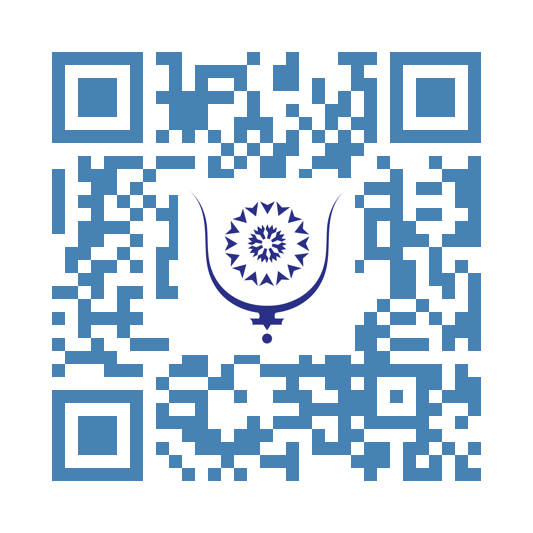Ghaza: un génocide en direct - partie 2 2380
La haine raciale dont fait montre Israël à l’encontre des Palestiniens en les déshumanisant et en les identifiant à des animaux dangereux ou répugnants, procède du registre du bestial et a précisément pur objectif de banaliser la colonisation et de la rendre plus acceptable aux yeux de l’opinion publique. L’identification d’êtres humains à des animaux ou à des objets fournit la base concrète de la négation d’existence d’un peuple. Par contre, le discours où Israël, se parant des atours de la morale et se posant en victime éternelle a pour effet de légitimer ses politiques et ses actions meurtrières, de justifier ses massacres planifiés et de lobotomiser les esprits : « légitime défense », « droit de se défendre », « droit d’assurer sa sécurité » contre les hordes de terroristes. Ce discours relayé en boucle par les médias de masse inféodés à la machine de propagande de guerre sioniste s’ancre dans les structures mentales et permet à Israël d’engranger un maximum de sympathie. Il lui permet de se donner le « juste » droit de commettre un génocide contre un peuple sans défense avec l’approbation de la communauté internationale.
L’offensive du Hamas le 7 octobre 2023 est la résultante prévisible de décennies d’exaspération provoquée par une situation d’asphyxie dans laquelle vit une population de 2,2 millions d’habitants, maintenue en état de siège dans une enclave de 360 km2 et ce, depuis 17 années. Elle est aussi la conséquence des fréquentes provocations et des frappes aériennes des plus destructrices lancées par Israël qui, grace à un formidable arsenal de communication qui lui est acquis, tourne toujours la situation d’agression à son avantage en faisant croire à des attaques commises par Hamas et auxquelles il ne ferait que riposter. Ce samedi 7 octobre 2023 Hamas a effectivement attaqué Israël en causant la mort de 1 300 personnes civiles, et que nous condamnons fermement. Toutefois, vu la situation tragique dans laquelle est maintenue cette population, la résistance contre son occupation est, selon le droit international, tout à fait légitime.
Depuis le 7 octobre 2023, sous prétexte de combattre le Hamas, Israël a transformé ce blocus en blocus total et soumis la population à un état de siège complet la privant de tout : nourriture, eau, électricité, matériel médical, médicaments, carburant et la mettant dans une situation pire qu’elle n’était déjà. Les drones armés et les tirs d’artillerie se poursuivent nuit et jour sans arrêt. Les bombes pleuvent dans un continuel déluge faisant des morts et des blessés par milliers. Même les hôpitaux sont délibérément visés et s’écroulent comme un château de sable sous les raids aériens en enfouissant sous leurs gravats des centaines de personnes. Des médecins, des infirmiers, des ambulanciers et des secouristes sont tués à tour de bras. Les corps inertes des enfants tapissent les rues. Les journalistes sont particulièrement la cible de tirs meurtriers, 114 d’entre eux ont été assassinés à ce jour. La troisième plus ancienne église de l’histoire de l’humanité, une église grecque-othodoxe, Saint-Porphyre a été lourdement endommagée par Tsahal par une frappe aérienne le 19 octobre alors que s’y trouvaient réfugiées des familles chrétiennes et musulmanes. Partout un spectacle de grande désolation dans ce cimetière à ciel ouvert devenu depuis une tombe à ciel ouvert. Une folie meurtrière que rien n’arrête.
A cela, s’ajoute la contamination de nombreux quartiers par les eaux usées et l’impossibilité de préserver dans des conditions adéquates les corps des victimes qui s’empilent dans les morgues quand ils ne restent pas prisonniers sous les amas de pierres. Situation qui a entraîné une épidémie de maladies infectieuses et la famine chez cette population livrée à elle-même. Pourtant, en vertu de la Quatrième convention de Genève, une puissance coloniale a le devoir dans un contexte de guerre « d’assurer l’approvisionnement de la population en vivres et en médicaments ». Mais Israël ignore cette convention tout comme elle a méprisé les multiples conventions de Genève et résolutions de l’ONU. Depuis 1947, Israël a fait l’objet de plus de 50 résolutions et condamnations qu’il n’a jamais respectées. Jamais aucun autre Etat n’a joui d’une telle d’impunité. Une impunité absolue.
Nous assistons impuissants depuis plus de trois mois en direct au génocide d’un peuple parce que c’est ainsi qu’il faut l’appeler. Un génocide des plus terribles de l’histoire moderne de par son intensité, soit quelques 355 personnes civiles par jour. Selon le ministère de la Santé de Ghaza, 23 968 personnes ont été tuées et 60 582, blessées (bilan du 14 janvier 2024). Mais forte de sa puissance et de l’appui de ses alliés, Israël œuvre en toute impunité à l’éradication du peuple de Palestine. Et en toute conscience. Ce génocide est « commis dans l’intention de détruire, en tout ou en partie, un groupe national, ethnique, racial ou religieux ». C’est la définition qu’en donne la Convention pour la prévention et la répression du crime de génocide de 1948. Et c’est exactement ce qui est en train de se produire sous nos yeux dans la bande de Ghaza.
Les multiples agressions contre les pays du Moyen-Orient et ailleurs dans le monde et en l’occurence, celle qui est en train de se perpétrer actuellement à Ghaza, jettent une lumière crue sur l’inefficacité du système du maintien de la paix et de la sécurité des populations en contexte de guerre de même que sur son impuissance face à la toute puissance des Etats membres de l’OTAN. Il est clair, qu’en l’absence de toute instance internatioale pourvue d’un pouvoir autonome, le droit international et notamment le droit international humanitaire ne seront jamais respectés et les populations civiles continueront d’être privées de leurs droits et de subir des massacres voire des génocides.
La perpétuation d’une injustice fondamentale commise à l’encontre du peuple de Palestine et l’acharnement sanguinaire d’Israël à faire éterniser le conflit ne feront qu’enliser la situation dans cette région déjà fort sensible et qui évolue au gré d’un rapport de force favorable à Israël.
Le Conseil de sécurité des Nations Unies, la Cour Pénale Internationale sont une parodie de protection, un aveu de leur impuissance. Nous attendons avec impatience les résultats de la plainte déposée par l’Afrique du Sud contre Israël pour génocide devant la CPI. Toutefois, si Israël est assuré du soutien indéfectible de ses alliés occidentaux et si les institutions internationales sont dépassées par la toute puissance de ceux-ci, la Palestine elle jouit d’un large mouvement de sympathie et d’un énorme soutien exprimés par les peuples du monde entier et qui au fil du temps, et tout particulièrement présentement avec le génocide qui est commis en direct, prennent de plus en plus conscience de l’injustice auquel face face le peuple de celle-ci depuis presque un siècle. Une nouvelle donne qui ne peut que permettre un espoir.





